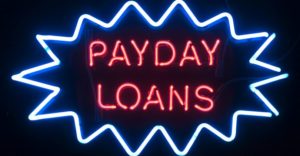 Earnin, the latest iteration of payday lending that advertises a no-fee, but tips appreciated model seems too good to be true. Their website boasts having raised over $190 million from investors. Venture capitalists tend to be well informed individuals with a sense for solid business plans and they’ve given Earnin a large amount of money. The pay-it-forward model sounds great and even feels warm and fuzzy, but can it last?
Earnin, the latest iteration of payday lending that advertises a no-fee, but tips appreciated model seems too good to be true. Their website boasts having raised over $190 million from investors. Venture capitalists tend to be well informed individuals with a sense for solid business plans and they’ve given Earnin a large amount of money. The pay-it-forward model sounds great and even feels warm and fuzzy, but can it last?
Category: Personal Finances
To Buy or Not To Buy
 How closely do you monitor your personal spending? Are you worried that every cup of coffee may break the bank? Tim Hererra for the New York Times has some great advice and encouragement for you. Check out his article, Here’s Some Money Advice: Just Buy the Coffee, and for more budgeting with “big picture” finance tips try their 7-day Money Challenge.
How closely do you monitor your personal spending? Are you worried that every cup of coffee may break the bank? Tim Hererra for the New York Times has some great advice and encouragement for you. Check out his article, Here’s Some Money Advice: Just Buy the Coffee, and for more budgeting with “big picture” finance tips try their 7-day Money Challenge.
Go Tax Paperless
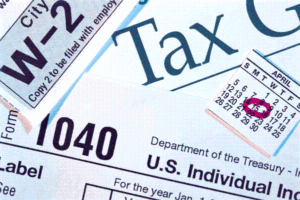 Ready to ditch your file cabinet? Explore going paperless with your tax documents. A great start is organizing your files using a document scanner. Many of these have wifi capabilities and function as part of your at-home network. Shredding old paper documents helps protect against identity theft.
Ready to ditch your file cabinet? Explore going paperless with your tax documents. A great start is organizing your files using a document scanner. Many of these have wifi capabilities and function as part of your at-home network. Shredding old paper documents helps protect against identity theft.
Once your scanning is complete, create one file on your computer to hold these documents. Be sure to back-up your documents in more than one place, such as on a flash drive, external drive, or a personal cloud. Experts suggest keeping these files for up to seven years. Make collecting this information easy by tracking receipts and invoices with simple budgeting apps and watch the clutter in your home office disappear. Want to learn more? Click here: How to Go Paperless in Your Home Office
How The Younger Set Lives
 Millennials are getting the raw end of the deal. Both state and national policies tend to favor the older and more affluent. Medicare costs often outweigh money paid in taxes by those who benefit, and programs that support higher education have been cut, leaving students with more debt. The millennials of our country have flat incomes and wealth is down.
Millennials are getting the raw end of the deal. Both state and national policies tend to favor the older and more affluent. Medicare costs often outweigh money paid in taxes by those who benefit, and programs that support higher education have been cut, leaving students with more debt. The millennials of our country have flat incomes and wealth is down.New Year’s Resolution: Keep Track of Personal Finances
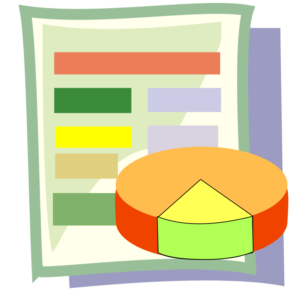 It’s that time of year. When we consider how to improve our lives. Ever wanted to better understand and manage your personal finances? J.D. Biersdorfer for the New York Times offers these tips: The Easy (and Free) Way to Make a Budget Spreadsheet. She discusses a wide range of spreadsheet software and apps that will give you the “big picture” and may make managing your finances easier. After an initial time investment these programs offer the freedom to use on the go or when you have a moment. The prices make these tools available to all as well, ranging from free to about $70/year.
It’s that time of year. When we consider how to improve our lives. Ever wanted to better understand and manage your personal finances? J.D. Biersdorfer for the New York Times offers these tips: The Easy (and Free) Way to Make a Budget Spreadsheet. She discusses a wide range of spreadsheet software and apps that will give you the “big picture” and may make managing your finances easier. After an initial time investment these programs offer the freedom to use on the go or when you have a moment. The prices make these tools available to all as well, ranging from free to about $70/year.
Time-Banking
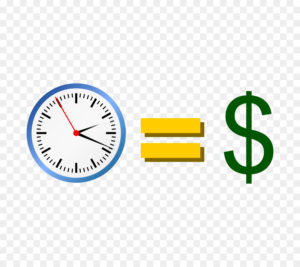 Ever wanted help with a project? What if you could exchange needed services with your friends and neighbors? This group did just that through the time-banking model.
Ever wanted help with a project? What if you could exchange needed services with your friends and neighbors? This group did just that through the time-banking model.
Time-banking is a model for trading skills, goods, and labor instead of money—a sort of barter system where members “deposit” hours doing things like teaching, cooking, or repairing things, and “withdraw” hours of other members’ services. It’s been around in the U.S. since the 1980s, and there are close to 500 such banks across the country today. No Price Tags: These Neighbors Built Their Own Economy Without Money
Most function on a one-hour to one-hour system that helps members meet their needs in non-monetary ways, often saving money. This allows stay-at-home mothers, retirees, and business professionals alike to contribute.
A List To Save Money
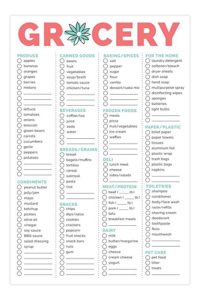 Looking for ways to save money? Want to better organize your thoughts before heading to the grocery store, find useful coupons, and create an easy meal plan? Then this site is for you! In a society where we so readily waste food, it’s nice to know these organizational tools are there to help us save, be more healthful, and conserve our resources.
Looking for ways to save money? Want to better organize your thoughts before heading to the grocery store, find useful coupons, and create an easy meal plan? Then this site is for you! In a society where we so readily waste food, it’s nice to know these organizational tools are there to help us save, be more healthful, and conserve our resources.
Plan For The Future
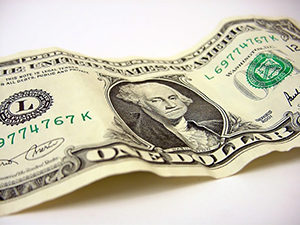 Financial planners often encourage clients to plan ahead, but what if the life change you are considering is divorce? There are many factors to consider when separating, including: alimony, prenuptial agreements, business valuation, and other shared assets. Deciding when to end the marriage on paper may be affected by a number or variables in the current tax climate. Paul Sullivan for the New York Times Wealth Matters, sheds light on a number of these elements in his article, Should You Get a Divorce Now or Later?
Financial planners often encourage clients to plan ahead, but what if the life change you are considering is divorce? There are many factors to consider when separating, including: alimony, prenuptial agreements, business valuation, and other shared assets. Deciding when to end the marriage on paper may be affected by a number or variables in the current tax climate. Paul Sullivan for the New York Times Wealth Matters, sheds light on a number of these elements in his article, Should You Get a Divorce Now or Later?
Economists Study Current Wealth
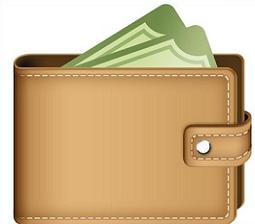 In a new study this month, economists from the Federal Reserve Bank of St. Louis examined whether Americans are now wealthier or poorer than previous generations were at their age.
In a new study this month, economists from the Federal Reserve Bank of St. Louis examined whether Americans are now wealthier or poorer than previous generations were at their age.
What they found may surprise you. People born before 1960 are in a better financial position than their predecessors while those born after 1980 are in a much worse situation. This generation is facing an array of money drains, such as student debt, auto loans, and credit card balances making it almost impossible for them to gain wealth quickly enough to match previous generations.
Eighties Babies Are Officially the Brokest Generation, Federal Reserve Study Concludes
Grandparent’s Gift
 Are you interested in saving money for your grandchildren? David LaMartina for ThinkAdvisor examines this subject in his article, Investing for Grandchildren (There are a few well-established ways advisors can help clients invest in their grandkids futures without putting client’s own retirements at risk.) In this article, he examines best practices for maintaining your own retirement and savings while setting aside specific funds for grandchildren in a variety of ways. Everything from 529 plans to inventive uses of life insurance polices.
Are you interested in saving money for your grandchildren? David LaMartina for ThinkAdvisor examines this subject in his article, Investing for Grandchildren (There are a few well-established ways advisors can help clients invest in their grandkids futures without putting client’s own retirements at risk.) In this article, he examines best practices for maintaining your own retirement and savings while setting aside specific funds for grandchildren in a variety of ways. Everything from 529 plans to inventive uses of life insurance polices.